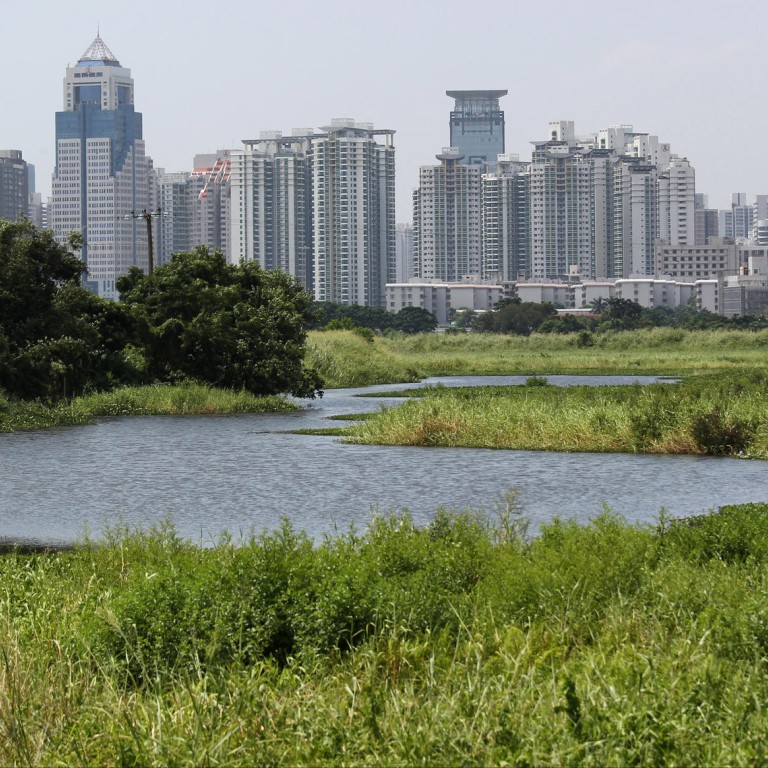
Pearl River Delta still downstream of hi-tech hub status
I refer to the article by Peter Wong ("How China's Pearl River Delta went from the world's factory floor to a hi-tech hub", October 6). Mr Wong called the Pearl River Delta the "Silicon Delta".
I think that it is too early to make such a claim. If the Pearl River Delta really wants to be a hi-tech hub, it has a long way to go.
Shenzhen has become home to some of the largest hi-tech companies in China, including Tencent, Huawei and ZTE. However, compared with Zhongguancun, Beijing's hi-tech park, it has fewer top universities, like Peking University and Tsinghua University, and multinational corporations, such as Google, Microsoft and IBM. Zhongguancun is placed in a very important position by the country to be a leading information technology centre. Large flows of capital and top talent land there.
Shanghai is also an innovative area to watch and Hangzhou is on the map, thanks to Alibaba. Recently, Uber, the private online car-hire service company, officially set up a registered internet company in Shanghai with a registration capital of about US$330 million. Some people comment that this company with millions in capital should have been set up in Guangzhou, which is one of Uber's top three cities now, carrying one million Chinese a day.
The provincial government needs a more concrete policy to build the Pearl River Silicon Delta, and be open-mined to embrace new economic patterns. It also has to restructure the roles of the cities, like Guangzhou and Shenzhen, avoiding duplication of function and negative competition.
In the end, I agree with Mr Wong that Hong Kong should play the role of an educational and financial centre in the Pearl River Delta.

